The process of gambling involves participants investing legal tender and, through various activities/games, ultimately being able to obtain varying amounts of legal tender, forming a closed loop of money.
Authors: Shao Shiwei, Xu Xiaohui
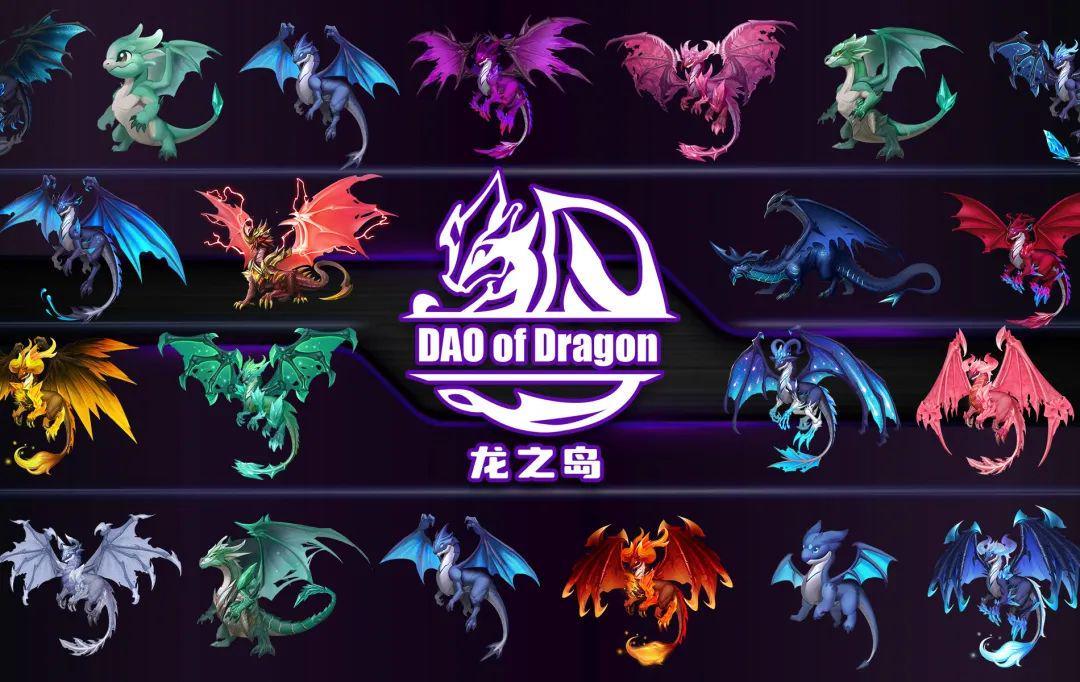
Introduction
With the development of technologies such as 5G, blockchain, and VR, the gaming industry is continuously exploring from web2 towards web3. As one of the first domestic metaverse gaming projects, Dao of Dragon is a dragon-themed metaverse dragon-raising game based on the BSN chain. Since its launch, the platform has been continuously popular, and users have also gained decent profits. Its various gameplay styles have been imitated by other project parties. So, does the platform's gameplay have any legal risks?
This article analyzes this issue.
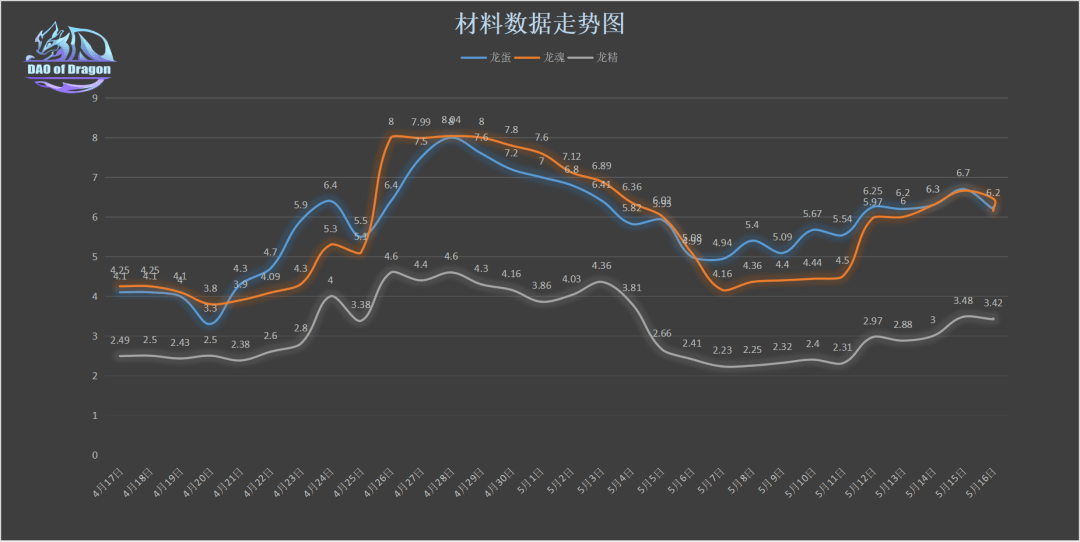
Platform Overview
According to its official WeChat public account, the birth of Dao of Dragon originated from Zhongchuan Yunchuang's "full-scale attack" to solve the pain points of digital storage; it is a metaverse digital storage platform developed, chosen, and created by all users in the form of "metaverse + digital storage + game."
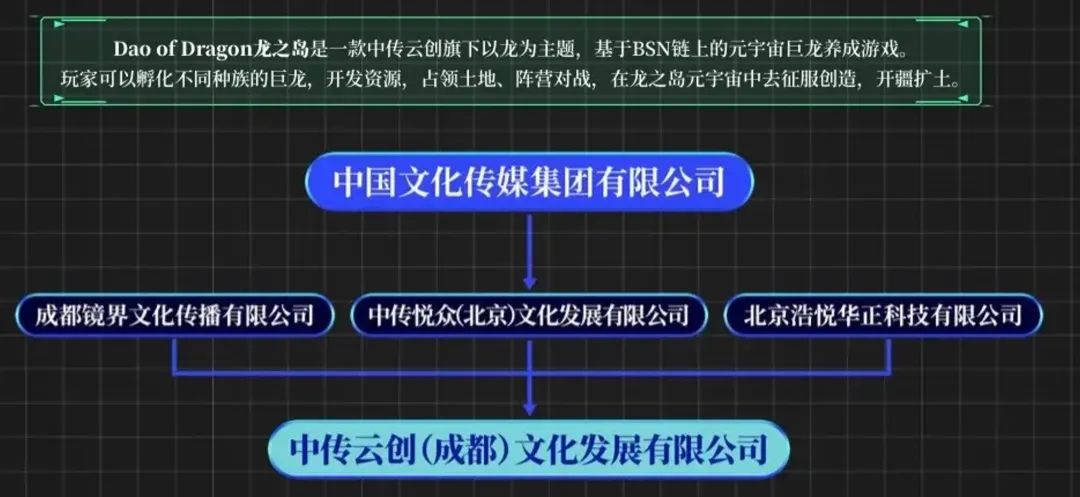
In the Dao of Dragon system, there are three main islands: Chaotic Island, Sanctuary Island, and Star Domain Island. The functions and attributes of each island are slightly different, but ultimately, the core gameplay is "starting with a dragon, the dragon produces materials, the dragon and materials circulate, and gradually harvest." Based on this, the typical "Star Domain Island" system is used as an example for discussion. Star Domain Island has three main materials: Dragon Egg, Dragon Essence, and Dragon Soul. These materials are produced by three types of dragons: Giant Dragon, Holy Dragon, and Magic Dragon, which can be purchased in the App's "Market."
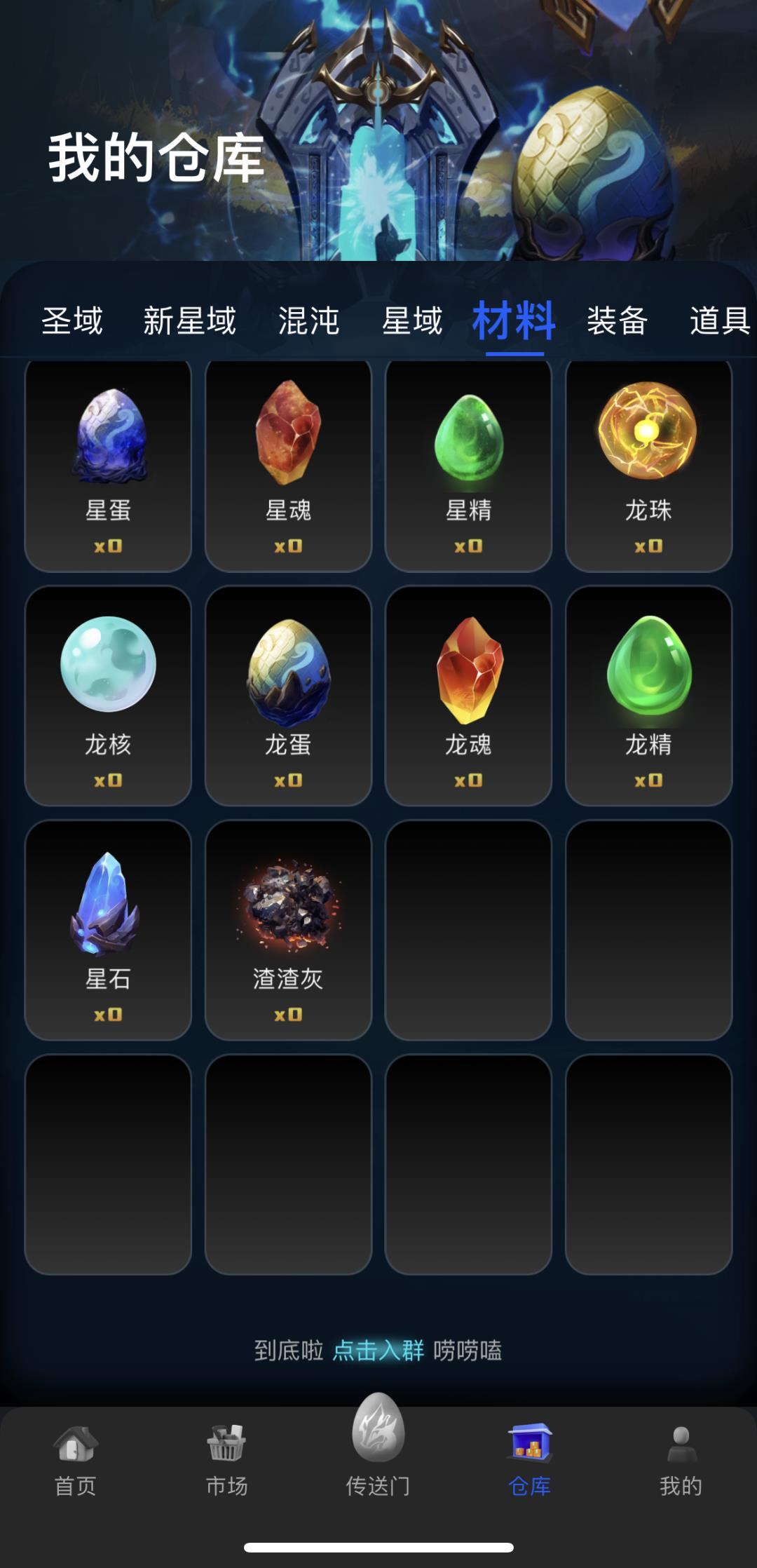
Different proportions of Dragon Egg and Dragon Soul can be combined to create dragons with different attributes and levels. Dragons need to be placed in the corresponding incubator to produce materials. The incubator will consume durability during the production process, and durability can only be increased by using Dragon Soul. When the durability is exhausted, the incubator will stop operating. Dragons will consume energy during the material production process, and energy needs to be replenished using Energy Potion. Dragon Essence is the only material for synthesizing Energy Potion. When a dragon's energy is exhausted, it will stop producing materials.
The main strategy of Dao of Dragon is how to obtain higher returns through the combination of materials.
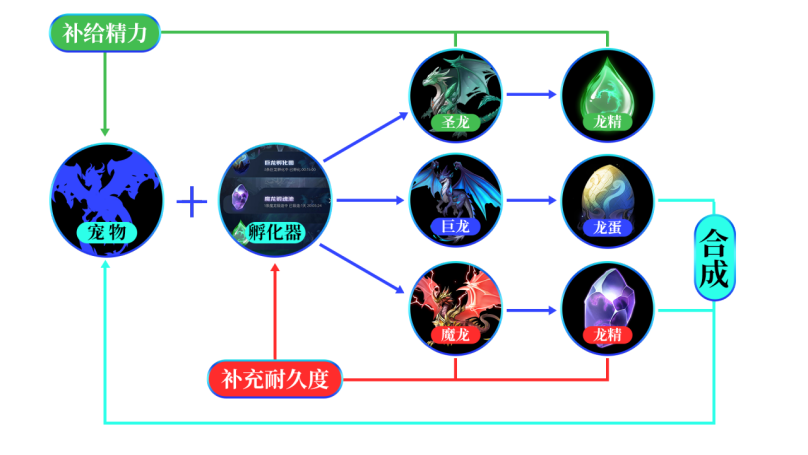
Platform Activities and Gameplay
The platform regularly launches various popular activities. We will use the popular game "Dragon's Den" as an example to introduce.
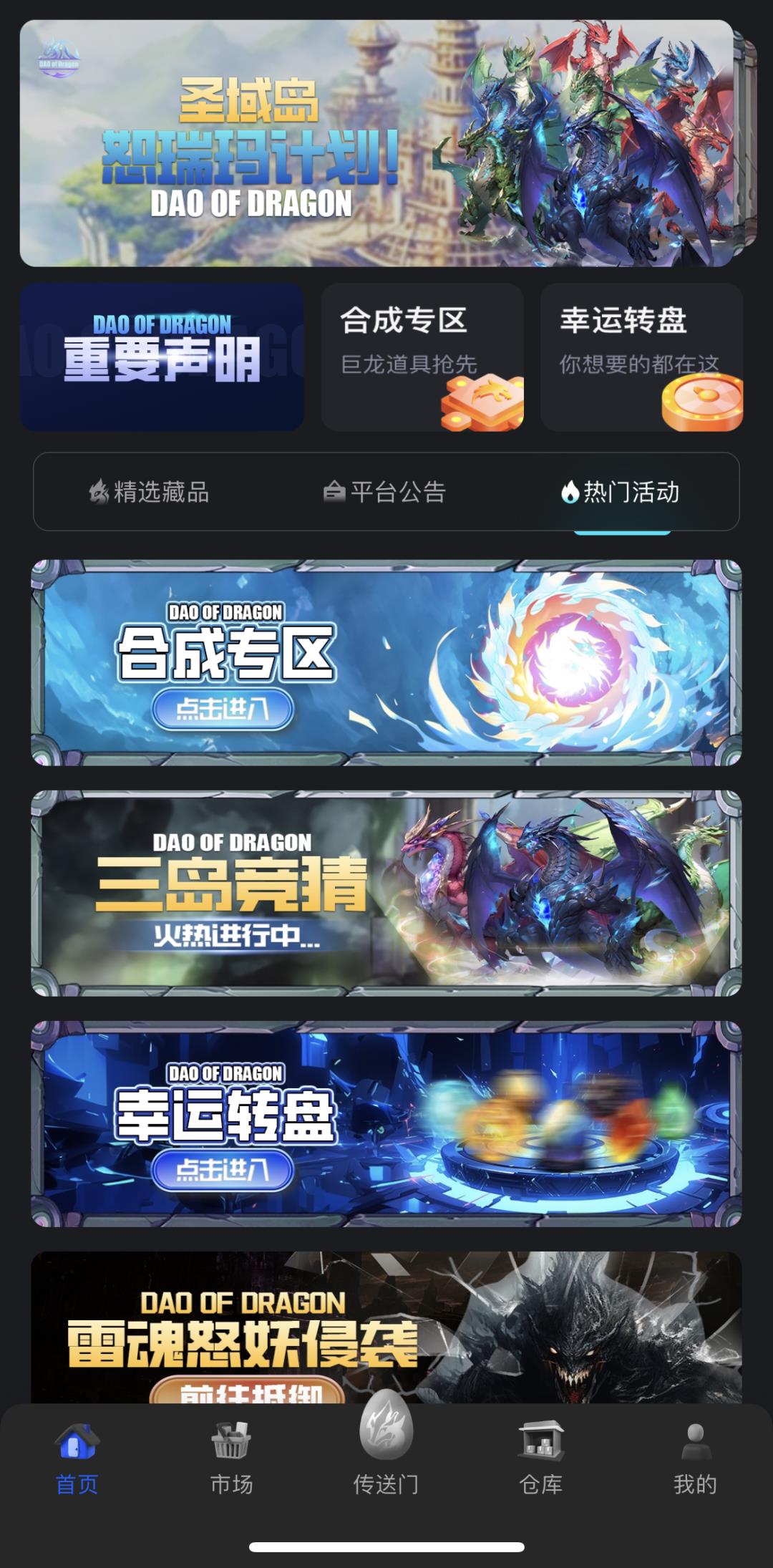
The gameplay of "Dragon's Den" is as follows:
Users choose a cave to explore, select a room to participate in the game, and when the countdown ends, the dragon appears. If the dragon appears in the room, the users in that room lose, and the users in the other four rooms win. In the App, the platform provides the following information:
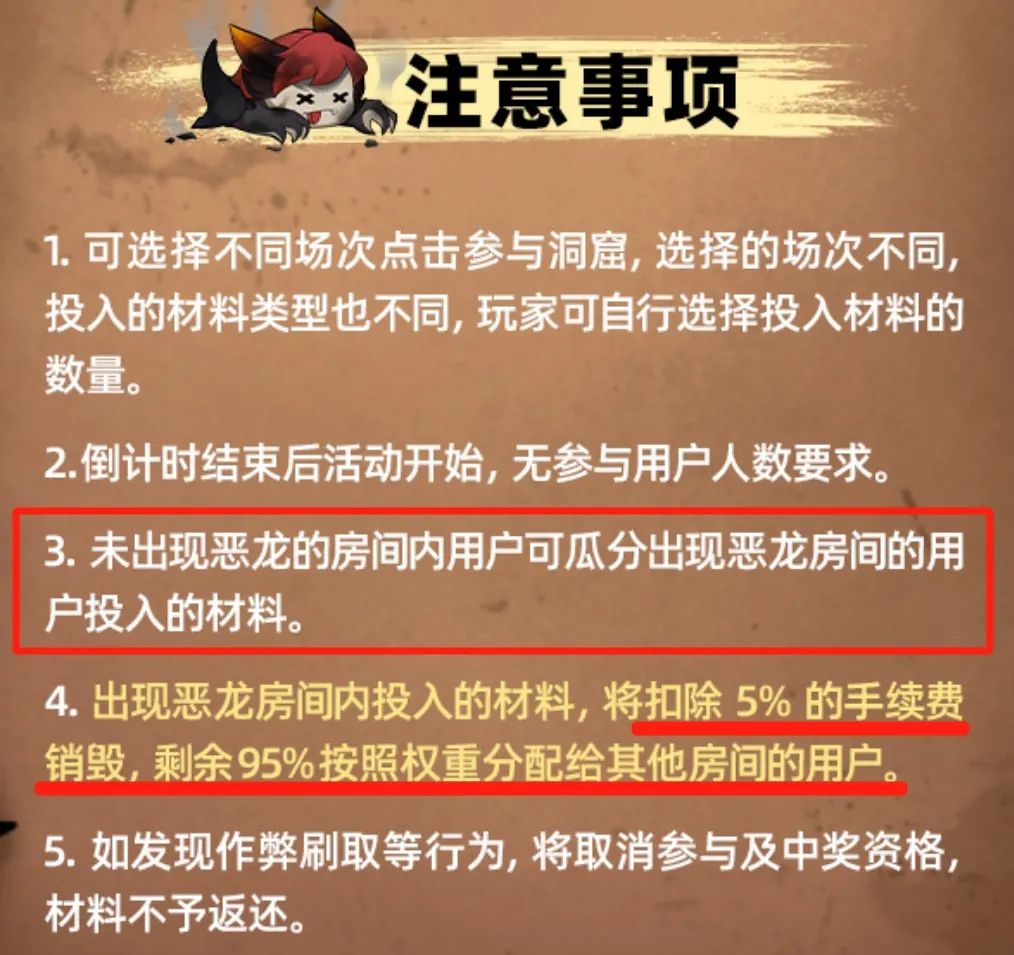
In the platform, the sources of materials can be summarized as follows:
Ways to obtain dragons: synthesis, market purchase, participation in activities.
Ways to consume Dragon Egg, Dragon Essence, and Dragon Soul: can be sold on the market, can participate in activities such as the lucky wheel.
Ways to obtain Dragon Egg, Dragon Essence, and Dragon Soul: market purchase, Dragon Egg - incubation, Dragon Soul - Magic Dragon forging, Dragon Essence - Holy Dragon blessing.
In other words, all materials can be realized through buying and selling on the market.
Potential Legal Risks
This gameplay involves certain gambling risks. The process of gambling involves participants investing legal tender and, through some activities/games, ultimately being able to obtain varying amounts of legal tender, forming a closed loop of money.
Based on the current regulatory norms and practical cases in China, the risk of online gambling not only exists in gambling websites and card games but has gradually spread to various types of games. After the formation of the deposit, betting, and withdrawal loop in online gambling, the behavior may be suspected of opening a gambling house.
Combining the provisions of the "Guidelines for the Supervision and Law Enforcement of Virtual Currency in Online Games" issued by the Ministry of Culture in 2010, to summarize:
Generally, as long as an activity or game simultaneously meets the following three elements, there is a risk of being suspected of gambling:
① Payment input: Payment includes cash, virtual currency obtained through payment, game props obtained through virtual currency exchange, and other direct or indirect payments;
② Random gameplay: If the minimum or maximum value produced significantly exceeds the input amount, it carries a certain "small bet big" nature;
③ Cash/material output, i.e., the function/gameplay directly or indirectly produces cash.
Taking the gambling ban in the gaming industry as an example:
According to the "Notice on Regulating the Operation Order of Online Games and Prohibiting the Use of Online Games for Gambling" jointly issued by the Ministry of Public Security, the Ministry of Industry and Information Technology, the Ministry of Culture, and the General Administration of Press and Publication, the main forms of online games that promote gambling content are as follows:
Online game operators use random methods such as drawing lots, betting, and random selection to obtain game props or virtual currency in online games, with users directly or indirectly investing legal tender or virtual currency;
Online game operators provide games recognized by regulations and relevant competent authorities as gambling forms or content to users;
Online game operators give users points as gifts for use and use these points to obtain game props or virtual currency through random methods such as drawing lots, betting, and random selection.
Therefore, combined with the above provisions, the rules of the "Dragon's Den" activity may be recognized as involving gambling. The specific analysis is as follows:
(1) Payment input: To participate in the game, users need to have materials such as Giant Dragon, Dragon Egg, Dragon Essence, and Dragon Soul. These materials can be obtained through market purchases, as well as through participation in activities, incubation, synthesis, and other lengthy investment processes. However, combined with relevant regulatory provisions and spirit, this behavior may be substantively considered as users making a payment input;
(2) Random gameplay: Users invest materials to bet on which room the dragon will appear in. If they win, they can share the materials invested by the losing users. From the consequences of winning or losing, the activity carries a certain "small bet big" nature;
(3) Cash/material output, the materials obtained by users can be sold on the market for cash, and the consignment trading platform in the App provides users with a channel to exchange materials for legal tender.
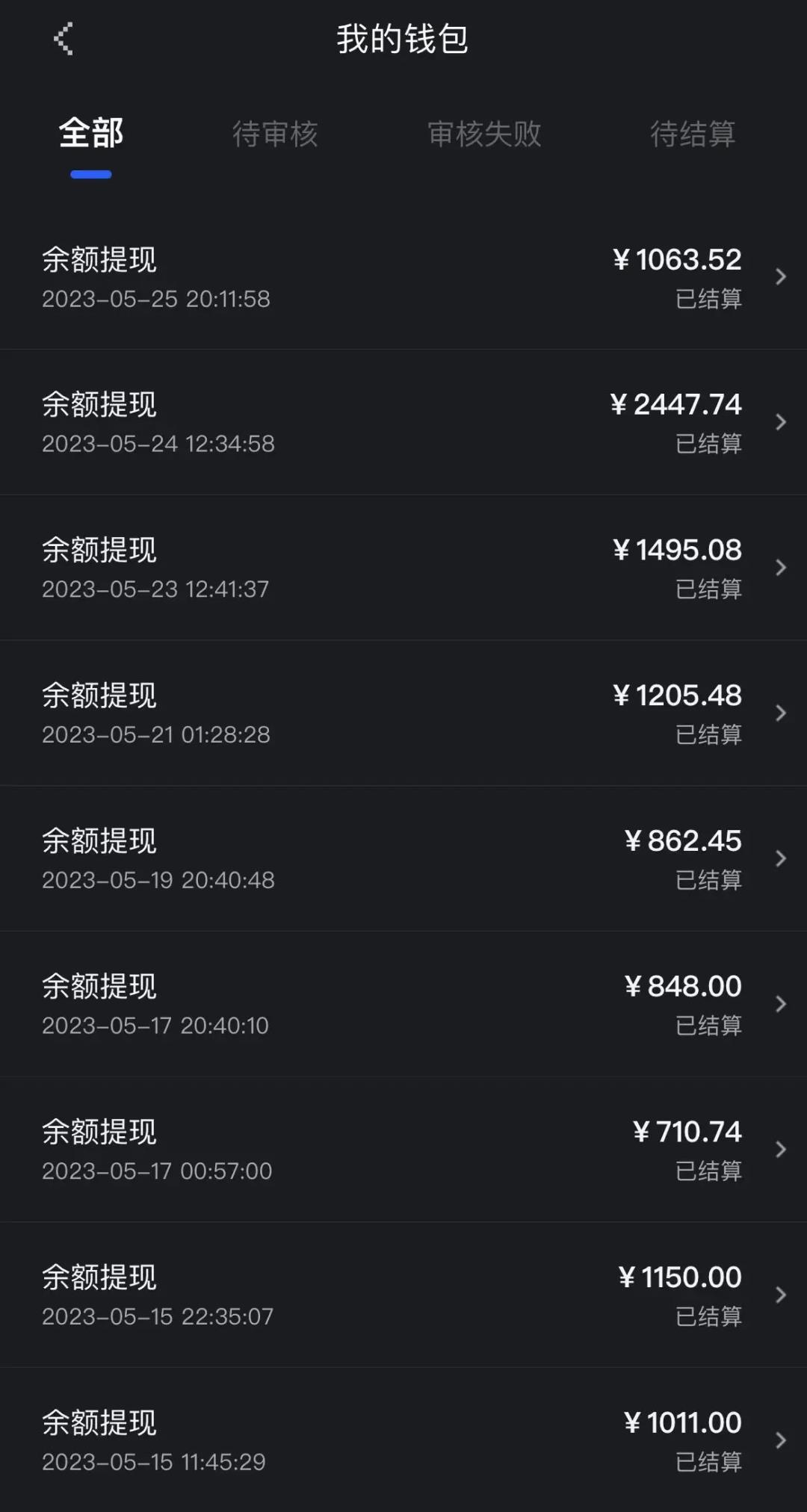
(Image source: screenshot posted by a netizen for cashing out)
Based on the current judicial environment, substantively speaking, the exchange of game props purchased with legal tender for fragments/materials to participate in activities is not much different from investing real money. As long as the behavior meets the pattern of "payment input - random gameplay - cash/material output," the behavior may meet the elements of the crime of opening a gambling house.
Compliance Advice from Lawyer Mankun
In addition to the game "Dragon's Den," games such as "Lucky Wheel" and "Hela Racing" within the platform are also "probability gambling" games, and similarly carry gambling risks. The platform needs to adjust the activity mechanism and break the chain of "payment input - random gameplay - cash/material output" in order to significantly reduce the risk.
Furthermore, if the platform's game types involve intellectual competition, physical consumption, etc., avoiding the "randomness" of victory or defeat can also reduce the risk of gambling involvement.
Since the launch of Dao of Dragon 1.0 in early January 2023, based on consensus heat, the platform's pet value skyrocketed tenfold in a short period. However, in less than half a year, due to the game's inherent mechanisms and problems in the economic model, the value of pets plummeted significantly.
However, it cannot be denied that Dao of Dragon utilizes blockchain technology, using giant dragons as digital collectibles, and its brand image has scarcity and collectible value. The platform's rich gameplay, such as hatching giant dragons and faction battles, greatly increases the playability of blockchain games, allowing users to more deeply engage in the game itself. How to establish a more sustainable economic model that allows users to stay steadily on the platform, rather than being like some digital storage platforms last year where "old users are harvested and run, and new users become scapegoats," may be a problem that the platform needs to continuously consider.
免责声明:本文章仅代表作者个人观点,不代表本平台的立场和观点。本文章仅供信息分享,不构成对任何人的任何投资建议。用户与作者之间的任何争议,与本平台无关。如网页中刊载的文章或图片涉及侵权,请提供相关的权利证明和身份证明发送邮件到support@aicoin.com,本平台相关工作人员将会进行核查。



